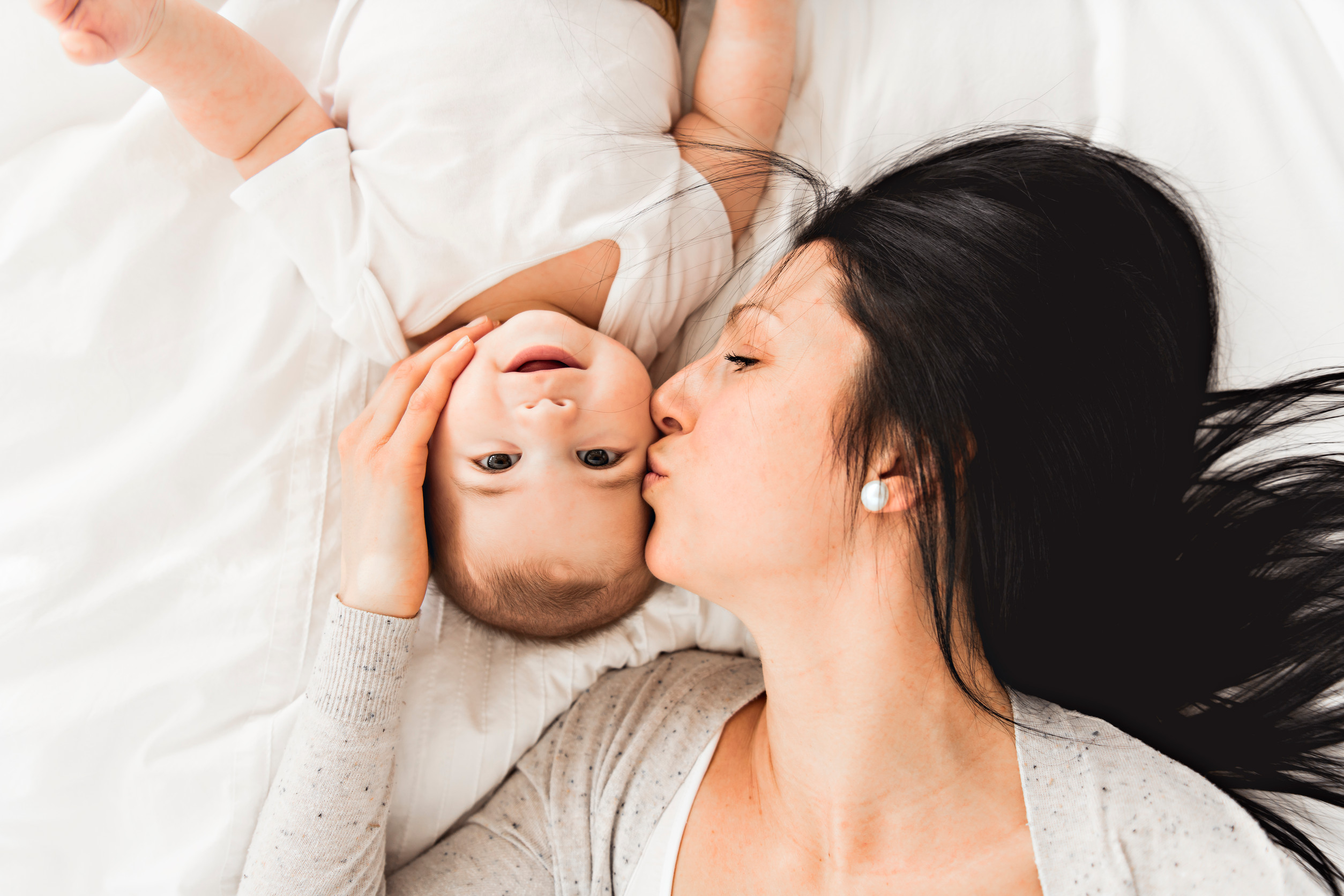In recent years, there has been a noticeable shift in the way women view motherhood. While having children has long been considered a natural part of life for many women, an increasing number are opting out of motherhood altogether. This trend has sparked conversations across various social, cultural, and economic landscapes, as women make more conscious choices about their lives, careers, and identities. Here’s why more women are choosing to opt out of motherhood and how society is responding to this evolving perspective.
1. Financial Considerations Are Playing a Larger Role
For many women, the financial burden of raising children is a key factor in their decision not to become mothers. The cost of childcare, education, healthcare, and other child-related expenses has risen dramatically, making parenthood a significant financial commitment. Women are increasingly recognizing the long-term financial sacrifices required to raise children, and for some, these costs outweigh the desire for motherhood.
Women are more likely to be the primary earners or share the financial responsibility in their households, which adds extra pressure. As a result, choosing not to have children has become a pragmatic decision driven by economic realities, especially as many young people face rising housing costs and student debt.
2. Career and Personal Ambitions Are Taking Priority
As women continue to break barriers in the workplace and pursue their personal ambitions, many are finding that having children might conflict with their professional and personal goals. The idea of juggling motherhood with a demanding career can feel overwhelming, especially when many industries still operate on structures that aren’t conducive to work-life balance.
As gender equality in the workplace continues to improve, women are able to dedicate more time and energy to their careers, hobbies, and passions. This shift in priorities has led to a growing realization that fulfilling professional and personal goals doesn’t necessarily require motherhood. For many women, the freedom to pursue their ambitions without the responsibility of raising children is a powerful incentive.
3. Changing Social Norms and Expectations
Society’s traditional expectations of women are evolving. In previous generations, becoming a mother was often seen as a rite of passage and a key part of a woman’s identity. However, in today’s world, many women are redefining what it means to live a fulfilling life, free from the conventional pressures to become mothers. Social acceptance of women who choose not to have children is growing, allowing them to explore a range of options for happiness and personal fulfillment.
Media representation of child-free women has also increased, providing role models and affirming that one’s worth or success does not hinge on motherhood. This changing social climate allows women to make choices that are best for them without feeling societal pressure to conform.
4. Environmental Concerns Are Influencing Family Decisions
As climate change and environmental degradation become increasingly pressing global issues, many women are reconsidering the impact of bringing children into the world. The environmental cost of raising children—such as carbon emissions, resource consumption, and waste—has led some women to opt out of motherhood as a way to reduce their ecological footprint.
Additionally, concerns over the state of the planet and its future, particularly in light of issues like overpopulation, pollution, and the depletion of natural resources, have motivated some to make more sustainable life choices. For these women, the desire to protect the planet for future generations often takes precedence over the desire to create a family.
5. The Shift Toward Greater Independence and Freedom
For many women, the decision to remain child-free is driven by a desire for autonomy and freedom. Raising children requires time, energy, and emotional investment, and many women choose to focus on their own well-being and self-discovery instead. The ability to travel, explore different cultures, maintain a flexible lifestyle, and dedicate time to personal growth has become increasingly important.
The freedom to make decisions without considering the needs of children is a significant motivating factor. In this era of personal empowerment, more women are asserting their right to live life on their own terms, without the constraints that often come with parenthood.
6. The Rise of Alternative Family Structures
As society becomes more accepting of diverse lifestyles and family structures, women are finding alternative ways to create fulfilling relationships and communities. Many are choosing to form non-traditional family units that do not involve children, such as partnerships, friendships, or strong bonds with extended family members. For some women, these connections are just as meaningful and rewarding as traditional motherhood.
In addition, some women are opting for pet ownership as a form of companionship and fulfillment. These alternative family structures allow women to experience love, connection, and support without the demands of parenthood, and they provide an outlet for nurturing and care in a way that aligns with personal values.
7. Medical Advances and Reproductive Freedom
The increasing availability of contraceptive methods and fertility treatments has empowered women to make more informed and intentional choices about their reproductive lives. With better access to birth control, women can plan their families—or choose not to have them—on their own terms. For those who have made the decision to forgo motherhood, these medical advancements allow them to avoid unwanted pregnancies, creating more agency over their bodies.
The rising awareness and acceptance of reproductive technologies, such as egg freezing, also offer women greater flexibility in how they approach motherhood, if at all. The evolving landscape of reproductive freedom allows women to explore their options and opt out of motherhood without feeling limited by biology.
8. The Growing Acceptance of Child-Free Lifestyles
As more women choose not to become mothers, societal attitudes are shifting to accommodate this growing trend. The once-taboo subject of choosing a child-free life is now more widely discussed, with many women finding strength in their shared experiences. Social networks, online communities, and organizations dedicated to supporting women who opt out of motherhood are providing spaces for these women to connect and share their stories.
The increasing visibility of child-free women is helping to challenge outdated stereotypes and broaden the definition of a fulfilling, successful life. With this cultural shift, women who choose not to have children can feel supported and affirmed in their decision.
This Is Not A New Phenomenon
The decision to opt out of motherhood is not a new phenomenon, but it is increasingly being recognized and celebrated in today’s society. Women are choosing to prioritize financial stability, career ambitions, personal freedom, and environmental concerns, all while redefining what fulfillment looks like for them.
As social, economic, and medical landscapes continue to evolve, more women are realizing that they don’t have to follow the traditional path to happiness and success. The growing acceptance of diverse life choices is an empowering reminder that women should have the freedom to decide what kind of life they want to lead—whether or not it includes children.
Do you feel that it’s okay for women not to be mothers? Let’s talk about it in the comments below.
Read More:
Why Some People Never Heal — And Don’t Want To
Dating After Divorce? These 7 Green Flags Are Non-Negotiable


Leave a Reply